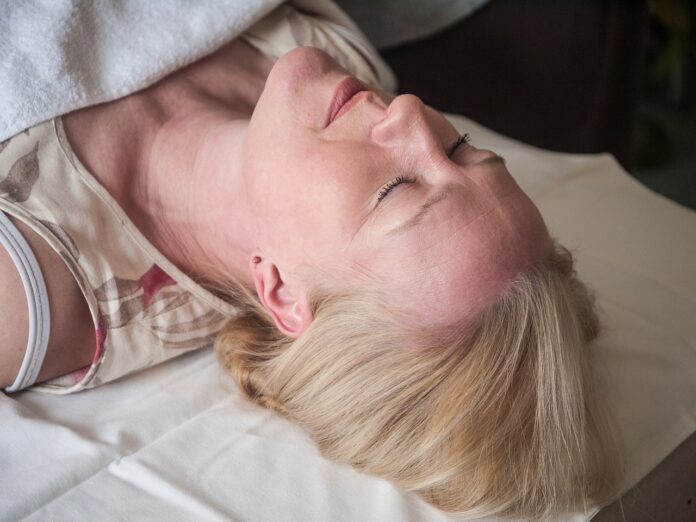Lack of sleep can make anyone irritable or unfocused. However, when someone experiences ongoing sleeplessness, it can be a symptom of depression and anxiety. Mental health problems such as depression and insomnia are often closely linked.
Sleep disorders can often be a sign of depression, and depressed individuals are more prone to sleep irregularities. They may sleep less or more than usual or may wake up frequently during the night. Their sleep may not be restful, and they may feel sleepy during the day.
People who experience depression and insomnia are not alone. Many people struggle with both conditions simultaneously. However, there are ways to get help.
One way to manage depression and insomnia is by getting professional support. Therapy can help people explore the root cause of their depression and sleep difficulties. They can learn coping mechanisms and strategies for better sleep.
Another solution is to make adjustments to daily habits, such as improving sleep hygiene. Simple things, like reducing caffeine intake, keeping phones out of the bedroom, or establishing regular bedtime routines, can do wonders to promote sleep.
Sleep plays a crucial role in maintaining good mental health, and getting help for depression and insomnia is essential. By working with medical professionals and adopting healthy sleep habits, people can manage these conditions and improve their quality of life.














